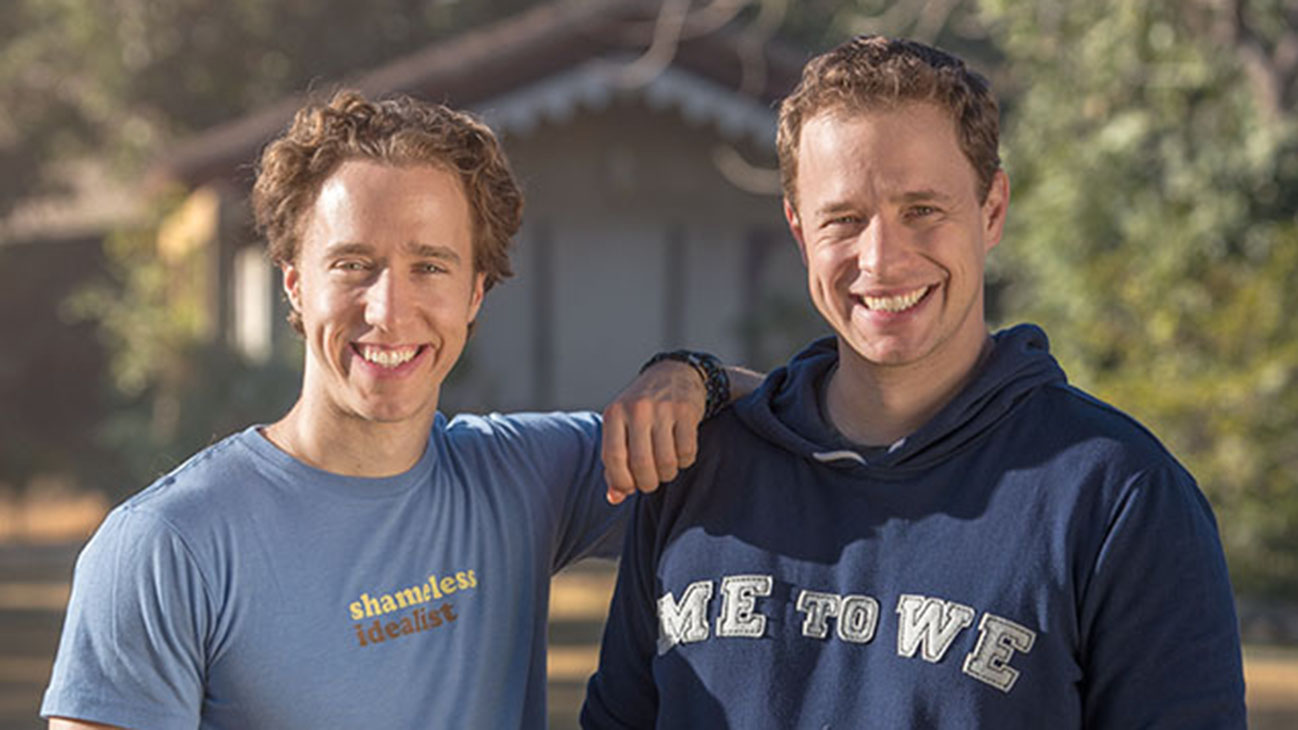Craig and Marc Kielburger argue that while businesses must find a unique role in the marketplace (or risk failure), charities don’t follow the same rule. Running a charity requires the ability to oversee development projects, manage contractors, and foreign government relations, they say. In an excerpt from Minute Hack, the Kielburgers use the example of Kishon, an abandoned medical clinic in the Maasai Mara grasslands, to discuss the intention of purpose:
The building had stood empty for two years, abandoned by a corporate development project. The clinic’s first benefactor had covered the cost of a structure and the great fanfare of an opening ceremony. Representatives cut a ribbon, snapped a photo, and left.
They neglected to hire doctors or partner with local governments to ensure that the clinic was actually operational. The result was a shiny new building, still with plastic coverings on the door handles—and zero medical care for the community.
The community reasoned that if the grounds and the building looked nice, the company would come back to resume the project. They never did.
A plan was laid with the best intentions, but without foresight, consultation with the community, or even short-term maintenance structures in place. Granted, this was a for-profit company and not a charity that specialized in delivering medical infrastructure to remote regions.
The bad news is that purpose is often done poorly. No one assumes: “I’m going to wake up tomorrow and start a highly specialized multimillion dollar company” without proper training and experience.
And yet everyone assumes they can run a charity; they don’t consider that they will need to oversee development projects and manage contractors and foreign government relations. This mentality could explain the large number of charities popping up.Everyone thinks they can run a charity because everyone cares about a cause—and that’s admirable. But here’s the truth: good intentions do not always result in good work. It’s not easy to do purpose well. As with Kishon: It’s one thing to build a clinic, but filling it with doctors, nurses, and patients and delivering quality care is another thing entirely.
On the contrary, WE Villages adopted the hollow building and turned Kishon into a functioning clinic with support from corporate and family donors (and youth fundraisers, of course).
One of those donors was Midmark, a multi-generational family medical equipment business based in Dayton, Ohio. The family helped revive the project, hire local medical staff with support from the regional government, and build wells and other infrastructure.The WE Villages model depends on these smart investments and mutual partnerships, both with benefactors and with locals. All development models should build in sustainability from the outset by partnering with local elders and governments.
A business alone doesn’t have the resources to do any of this—integrate into overseas communities, ensure long-term success, and plan an exit strategy so that locals can take over. And yet so many companies spearhead development projects and other complex charitable programs.
The same strategy and discipline that goes into a business plan should go into making a purpose plan, but often doesn’t. None of us are afraid to admit that we learned this lesson the hard way. We know why the corporate clinic failed because we’ve experienced all of the same warning signs in our early work, with WE Charity.
In fact, our advice for people who often ask us about starting a charity is: “don’t!” (unless, of course, you’ve identified a serious need that isn’t being addressed). But there is good news. When purpose is done well, the social impact is sustainable, scalable, and effective.
Craig and Marc Kielburger are the co-founders of WeCharity (formerly Free The Children and Me to We). The charity provides a holistic development model called WE Villages, which help to lift more than one million people out of poverty in Africa, Asia, and Latin America. Alongside Holly Branson, they are the co-authors of Weconomy,to help you discover the secret to achieving purpose with profit in your career and company, while driving positive impact.

